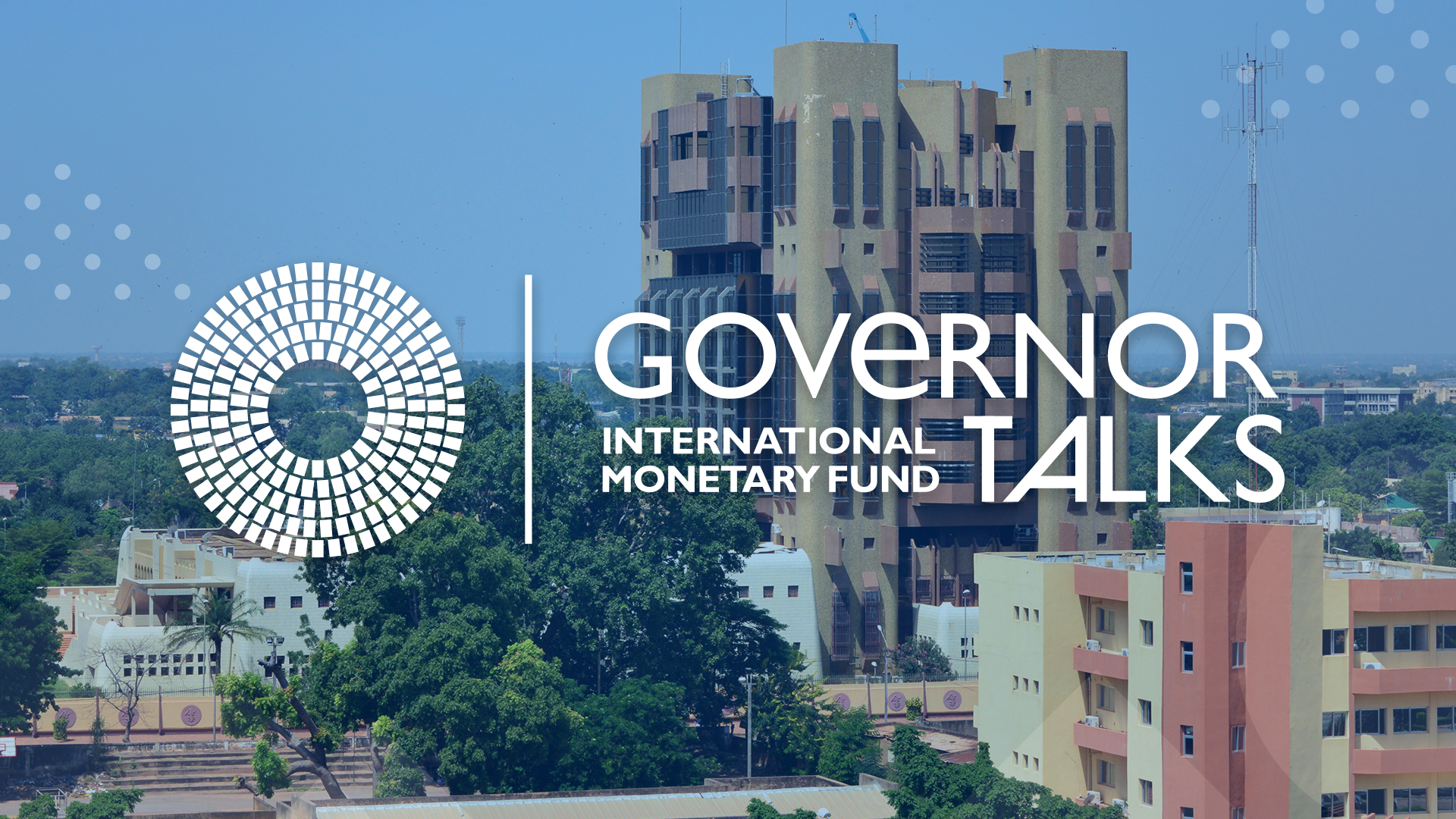Monday, Apr 5, 2021 | 03:00 AM - 03:30 AM
Location: AV CORE

 |
Abebe Aemro Selassie Director African Department, IMF |
Abebe Aemro Selassie is the Director of the African Department at the International Monetary Fund, a position he has held since 2016. In this capacity, Mr. Selassie oversees the IMF’s operations and engagement with 45 countries across sub-Saharan Africa, spanning the three main pillars of IMF work—policy advice, lending operations, and technical assistance. His responsibilities also include building strategic partnerships and dialogue with senior policymakers and institutions across the region.
Before taking up his current position, Mr. Selassie gained extensive experience in a wide-ranging 22-year career at the IMF. He held various senior positions, including Deputy Director in the African Department, Mission Chief for Portugal and South Africa, Division Chief of the African Department’s Regional Studies Division, and the IMF’s Senior Resident Representative in Uganda. Earlier in his career, he worked on the Fund’s lending programs with Turkey, Thailand, Romania and Estonia as well as being deeply involved in policy, operational review, and economic research work.
Before joining the IMF in 1994, he worked for the Government of Ethiopia and the Economist Intelligence Unit in London. Mr. Selassie is an Ethiopian national. He completed his graduate studies at the London School of Economics.
 |
Lassané Kabore Minister of Economy, Finance and Development of Burkina Faso |
Born in 1968, Lassané Kabore took up office in the Ministry of Economy, Finance and Development in January 2019. Prior to this appointment, he was the Director for Macroeconomic Stability and Multilateral Surveillance for the economic and financial policies of the Member States of the Economic Community of West African States (ECOWAS).
He was also Director-General of Cooperation. In that capacity, he was the Alternate Governor for Burkina Faso at the World Bank, the African Development Bank and the Islamic Development Bank, and the Alternate Authorizing Officer of the European Development Fund (EDF).
He holds a Postgraduate Degree in Specialized Studies in Management, with a focus on Strategy and Business Management, from the Université de Paris-I, Panthéon Sorbonne, a Postgraduate Degree in Specialized Studies in Management, with a focus on Strategy and Business Management from the Centre d’Etudes, Financières, Economiques et Bancaires de Marseille (Center for Financial, Economic and Banking Studies of Marseille) and an Advanced Degree in Economics and Socioeconomics of Development, with a focus on Macroeconomics, from the University of Ouagadougou. He is a trained Treasury Inspector and Senior Economist, with solid managerial experience in economic, financial and monetary integration for ECOWAS Member States; the implementation of the monetary cooperation program of ECOWAS; leading oversight missions for Member States; analysis of country reports on macroeconomic performance; assessment and validation of the convergence programs of Member States; and the drafting and publication of the economic convergence reports of Member States.
He holds several certificates in the negotiation of financial transactions, macroeconomic and political management of public finances and combating money laundering and the financing of terrorism.
Key Points:
Quotes:
The Covid-19 pandemic has given further impetus to the digitization process. With the outbreak of the pandemic, teleworking, remote filing of taxes, and remote payments are now part of the work habit in public services. Lassane Kabore
The drive to modernize public administration its better serve Burkina Faso’s citizens. These efforts to digitalize the revenue expenditure administration aimed to improve the efficiency, but also governance and transparency. Lassane Kabore
Digitalization can facilitate the collection of reliable information, enable economic actors to access information and platforms that facilitate tax payments, and help improve governance and transparency. Abebe Selassie
One of the risks associated with digitalization is the uneven access to digital tools that can exacerbate existing inequalities. Abebe Selassie
Contributor: Daniela Alcantara